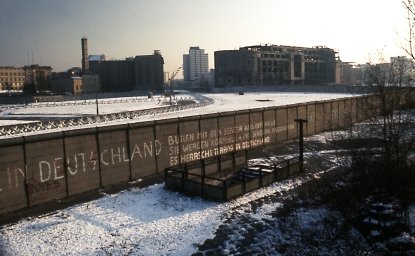Economic Growth and Development in Post Yugoslav Countries
“Economic Growth and Development in Post-Yugoslav Countries,” a Wilson Center article by Public Policy Scholar Franjo Štiblar, examines what happened in economic and social terms to
post-Yugoslav countries after independence.





